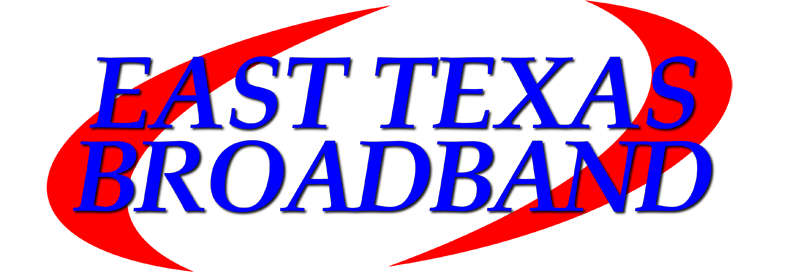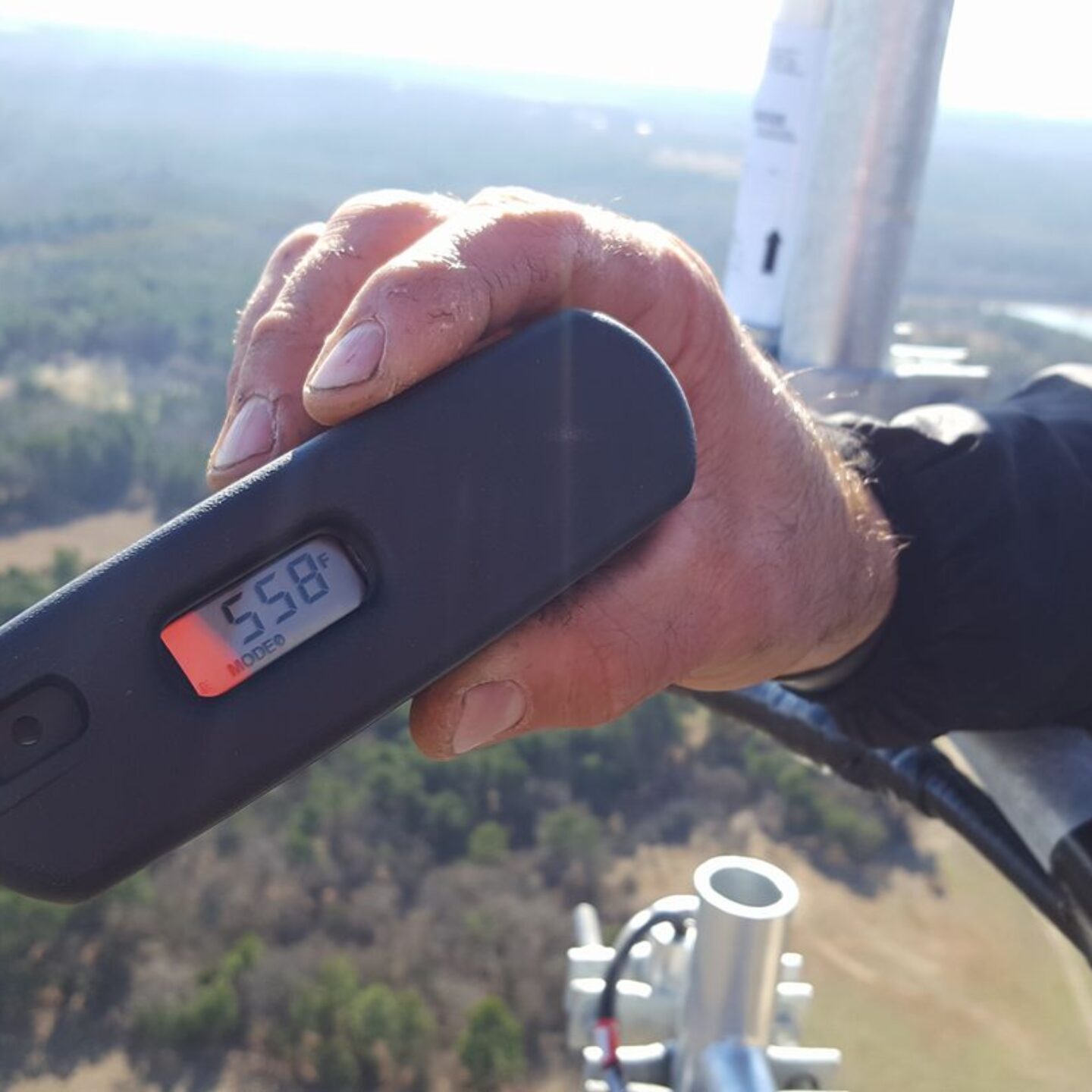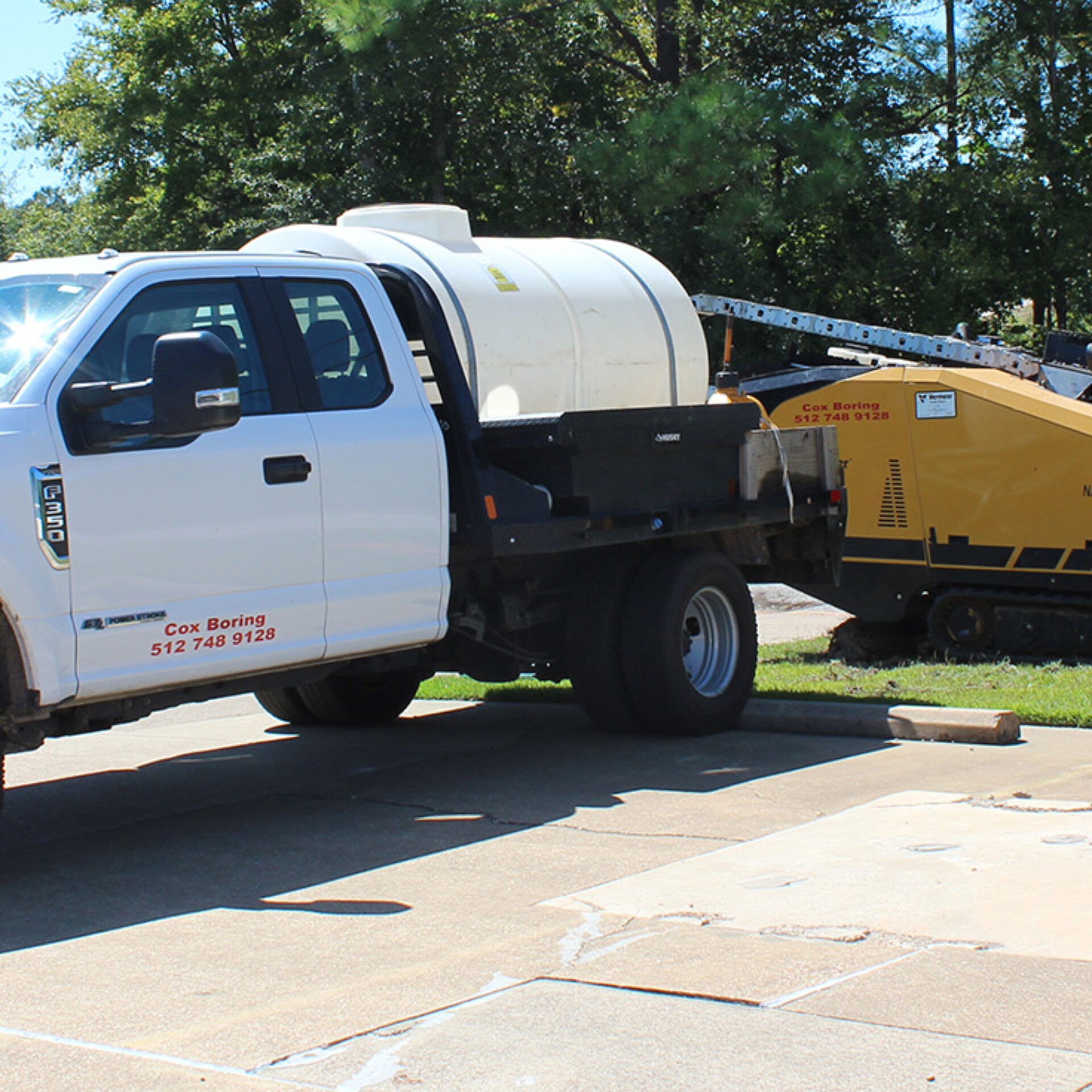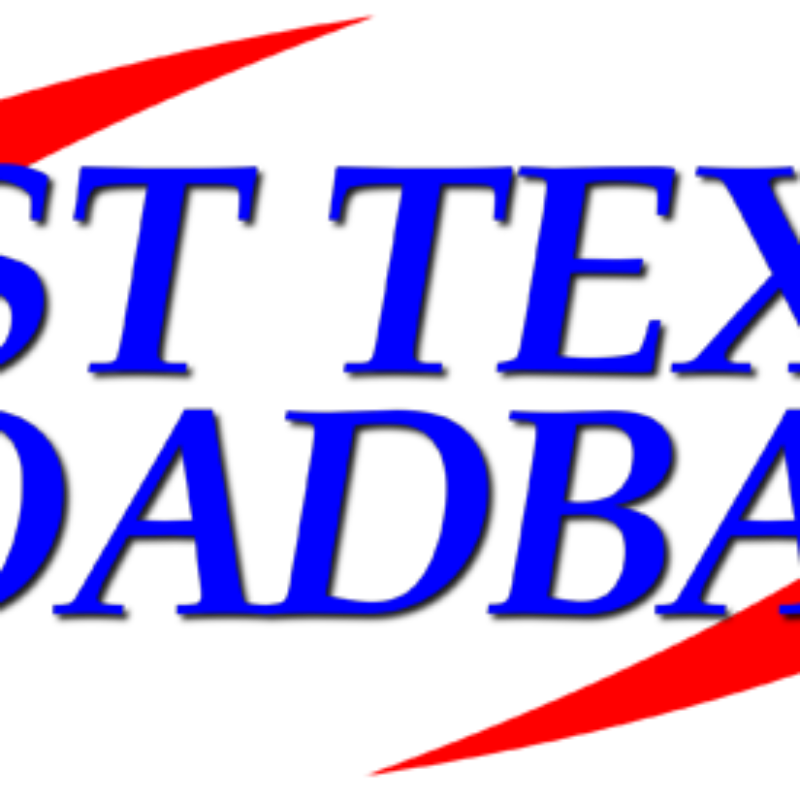ETB Internet Partners
LLC. ACCEPTABLE USE POLICY
(Updated and Effective
August 2021)
By subscribing to any
residential or commercial broadband Internet and/or telephony service
(collectively, the “Services” and individually, a “Service”) provided by ETB
Internet Partners LLC or any other affiliated companies (“East Texas
Broadband”), Customer agrees not to use the Services for any unlawful purpose
and to comply with all policies and terms of this Acceptable Use Policy (the
“AUP” or “Policy”). This Policy, including its use restrictions, is in addition
to the restrictions contained in East Texas Broadband’s Master Services
Agreement (“Service Agreement”), which Customer previously entered into with
East Texas Broadband. This Policy has been incorporated by reference into the
Service Agreement.
Please read this
Policy carefully prior to accessing the Services. The term “Customer” refers to
the subscriber and any user of the Service. By using the Services, Customer
agrees to the terms of this Policy and will require others using the Service
through Customer’s account to abide by the terms of this Policy. East Texas
Broadband regularly updates and amends this Policy (and may do so without
notice at East Texas Broadband’s discretion) and Customer should periodically
consult East Texas Broadband’s website to be sure Customer remains in
compliance with this Policy. Customer’s continued use of the Service
constitutes Customer’s continuing acceptance of and agreement to this Policy
and any posted amendments to this Policy.
East Texas Broadband
reserves the right to reclassify any Service to a higher grade or to
immediately suspend or terminate any Service without prior notice for
Customer’s failure to comply with any portion of this Policy or Service
Agreement. (Please see the Service Agreement for details on the suspension and
termination policy.) In the event of such termination, Customer will be
responsible for the full month’s charges to the end of the current term,
including, without limitation, unbilled charges, plus a termination fee, if
applicable, all of which will become immediately due and payable upon
termination of Customer’s Services. Any violation of this Policy and Service
Agreement may also lead to prosecution under state and/or federal law.
East Texas Broadband will also provide information in response to law
enforcement requests, subpoenas, court orders, to protect its rights and
property, and in the case where failure to disclose the information may lead to
imminent harm to a Customer or others.
East Texas Broadband
will access or collect the following customer data (Name, email address,
location, user’s phone, contact book data, user’s inventory of installed
apps, and user’s screen recording.) Data will not be sold to a third party.
Data will be used to help improve the customer service experience. This policy
also applies to any East Texas Broadband Mobile Application.
For copyright
infringement claims, Customer understands, acknowledges and agrees that East
Texas Broadband may remove any content at any time that is alleged to infringe
on a third party’s copyrights upon receiving a notice of infringement under the
Digital Millennium Copyright Act (“DMCA”), and to terminate the Customer’s
Service without prior notice if there is repeat infringement.
1. PERMITTED USE. Customer’s permitted use of the Services
will depend on whether Customer requests the Services for residential or
commercial purposes.
a. “Residential Service” includes all
Services designated for personal and family use within a single home. The term
“single home” means Customer’s home and includes any apartment, condominium,
flat or other residential unit that may be used as a residence in any multiple
dwelling unit. Customer agrees that only Customer and co-residents living in
the same home will use the Services. The Services are being provided solely for
residential use in Customer’s home and any unauthorized access by a third party
to e-mail, Internet access, or any other function of the Services is in
violation of this Policy and the Service Agreement. Customer is solely
responsible for any misuse of the Service that occurs through Customer’s
account, whether by a member of Customer’s household, guests or an authorized
or unauthorized third party. Customer shall not use, or allow others to use,
the Service to operate any type of business or commercial enterprise,
including, but not limited to, IP address translation or similar facilities
intended to provide additional access. Customer shall not advertise that the
Service is available for use by third parties or unauthorized users. Customer
shall not resell or redistribute, or allow others to resell or redistribute,
access to the Service in any manner, including, but not limited to, wireless
technology.
b. “Commercial Service” includes all
Services designed for use by a business entity, or by an individual, in
providing goods or services for sale or lease. Customer agrees that Customer
will allow only Customer’s employees and patrons to utilize the Commercial
Service within Customer’s office area. Commercial Service is provided solely
for Customer’s business operations, and any unauthorized access by a third
party to e-mail, Internet access, or any other function of the Service is in
violation of this Policy and the Service Agreement. Customer is solely
responsible for any misuse of the Service that occurs through Customer’s
account, whether by a member of Customer’s employees, patrons, invitees,
guests, or an authorized or unauthorized third party.
2. GENERALLY PROHIBITED ACTIVITIES FOR ALL
SERVICES.
a. Misuse of Services – Customer is responsible for any misuse
of the Services, regardless of whether the inappropriate activity was committed
by an invitee, licensee, agent, servant, guest, patron, employee or any other
person who gains access to the Services. Therefore, Customer is responsible to
take steps to ensure that others do not gain unauthorized access to the
Services, for instance by strictly maintaining the confidentiality of
Customer’s passwords or by appropriately protecting the use of Customer’s
computer, network or any wireless devices. Customer is solely responsible for
the security of any device Customer choose to connect to the Services,
including any data stored on that device.
b. Objectionable Use and Content – (i) any use that is threatening,
abusive, harassing, defamatory, libelous, deceptive, fraudulent, invasive of
another’s privacy or other rights, or otherwise objectionable in East Texas
Broadband’s sole discretion; (ii) any use in connection with surveys, contests,
pyramid schemes, chain letters, junk email, spamming, or any duplicative or
unsolicited messages not in compliance with the federal CAN-SPAM Act or the
Telephone Consumer Protection Act (commercial or otherwise); (iii) publishing,
distributing, or disseminating any inappropriate, profane, defamatory,
infringing, obscene, indecent, or unlawful material or information; (iv)
advertising, soliciting, selling or buying, or attempting to buy and sell any
goods for any non-personal purpose under residential Services; (v) harvesting
or otherwise collecting information about others, including email addresses or
telephone numbers, without their consent; (vi) creating a false identity for
the purpose of misleading others as to the identity of the sender or the origin
of a message or call; (vii) transmitting or uploading any material that
contains viruses, Trojan horses, worms, time bombs, cancel bots, or any other
harmful or deleterious programs or software or other material protected by
intellectual property laws, rights of privacy or publicity or any other
applicable law unless Customer owns or controls the rights thereto or have
received all necessary consents; (viii) interfering with or disrupting networks
connected to the Services or violate the regulations, policies or procedures of
such networks; and (ix) attempting to gain unauthorized access to the Service,
other accounts, computer systems, devices, or networks connected to the
Service, through password mining or any other means; host any type of publicly
accessible file sharing, gaming, or email server including, but not limited to
HTTP, FTP, SMTP, POP3, and Peer-to-Peer; interfere with another member’s use
and enjoyment of the Service or another individual or entity’s use and
enjoyment of similar Services.
3. PROHIBITED INTERNET SERVICE ACTIVITIES. Customer shall use the Internet Service and
related Equipment only for lawful purposes. Internet service activities
specifically prohibited by East Texas Broadband include but are not limited to
the following:
a. Background and/or server-type applications – Including but not limited to IRC bots,
HTTP servers, MUDs, and any other process which were initiated by the Customer
that continues execution on the system upon Customer logout. FCC authorized
smart home systems and IoT devices are excluded from this prohibition.
b. Long-term storage of data – Long-term storage of data is referred
to as the storage of files which are not used regularly in an account for an
extended period of time. This specifically includes, but is not limited to,
programs such as shareware programs which the Customer may download to their
account for purposes of transferring to their home computer(s)/device(s). Such
programs should be removed at such time as they are successfully transferred to
the Customer’s personal system.
c. Flooding or abuse of other users – Flooding is deliberately repeating
actions in quick succession in order to fill the screens of another user or to
harass and takes place in numerous ways, including, but not limited to, ICMP
flooding, mail bombing (sending large amounts of email repeatedly to a person
for purposes of harassment), mass mailings to multiple addresses, MSG/CTCP
flooding on IRC, flooding a chat server, as well as other, less common methods.
d. Attempts to compromise system and/or network
security – Programs such
as packet sniffers, password crack programs, and similar utilities found to be
running from Customer’s account are prohibited. This also includes attempts to
hack into non-East Texas Broadband systems, networks, servers, websites, or
applications via the East Texas Broadband Network.
e. Sharing of accounts – Sharing Customer’s Internet Service
with another party for purposes of avoiding payment for a second Service is
strictly prohibited. Customer may connect multiple computers/devices within a
single location to Customer’s modem, router, and/or radio to access the
Internet Service, but only through a single East Texas Broadband-issued IP
address.
f. Conducting commercial business through a
personal residential account –
The residential single-Customer Internet accounts provided by East Texas
Broadband are designed for the home/casual Customer and may not provide the
level of service, capacity or speed required for conducting commercial
activity. Therefore, running a business with a residential account is not
advisable. Please contact East Texas Broadband’s sales department to upgrade to
a commercial account.
g. Excessive Utilization of Network or System
Resources – The excessive
use or abuse the East Texas Broadband Network or system resources by Customer
may have a negative impact on all other Customers. Accordingly, Customer may
not use the Service or take any action, directly or indirectly, that will
result in excessive consumption or utilization of the system or network
resources, or which may weaken network performance, as determined in East Texas
Broadband’s sole discretion. Such prohibited actions include, but are not
limited to using the Service to host a web server site which attracts excessive
traffic at Customer’s location, continuously uploading or downloading streaming
video or audio, USENET hosting, or continuous File Transfer Protocol (“FTP”)
uploading or downloading, and continued use of programs or commands which take
a large amount of system resources, be that processor time, memory, network
bandwidth, and/or drive space on the host system.
h. Email abuse – Email abuse typically comes in one of three forms, the
sending or transfer of a message to unsolicited individuals not in compliance
with the Federal CAN-SPAM Act, the sending of harassing and/or threatening
messages to other users, and the forging of email addresses to make the email
appear to be from another user.
i.
USENET
news abuse – Similar to
email abuse, includes forging of addresses, harassment/threats, the posting of
the same message to multiple newsgroups (spamming), as well as the posting of
information in groups where it is not relevant and unwanted.
j.
Pyramid/money-making
schemes – Such
activities as the transfer of information or solicitation of persons via the
Internet in an attempt to extort money or other valuables or the use of
pyramid/chain letters are all prohibited.
k. Pirated software – Pirated software is defined as the
illegal exchange of software for purpose of avoiding the purchase of said
software by the individuals involved. This includes most commercial
applications such as Adobe Photoshop, Microsoft Office, etc. Such activities
are prohibited by Federal law and are thus not allowed in any form on East
Texas Broadband network. Such prohibition also includes the unauthorized
copying of copyrighted material including, but not limited to digitization and
distribution of photographs from magazines, books, or other copyrighted sources
and copyrighted software. The exportation of software or technical information
in violation of U.S. export control laws is strictly prohibited.
l.
High-traffic
websites – Individual accounts
using East Texas Broadband are intended to provide access to individuals only.
As most individual pages are fairly low-traffic, the performance for everybody
on the systems is optimal. However, some individuals occasionally choose to put
content on their pages that draws a large number of hits to their pages and
thus degrades performance for other users’ pages. Due to this problem, East
Texas Broadband must implement certain limitations on the amount of traffic an
individual Customer‘s home page can receive so that all Customers will receive
optimal service. Typically, a page can safely transfer 250 Mbps per day without
causing excessive load on the host system. Websites generating more than this
must be moved to a Web Hosting service, as those services are better able to
deal with the extra traffic.






